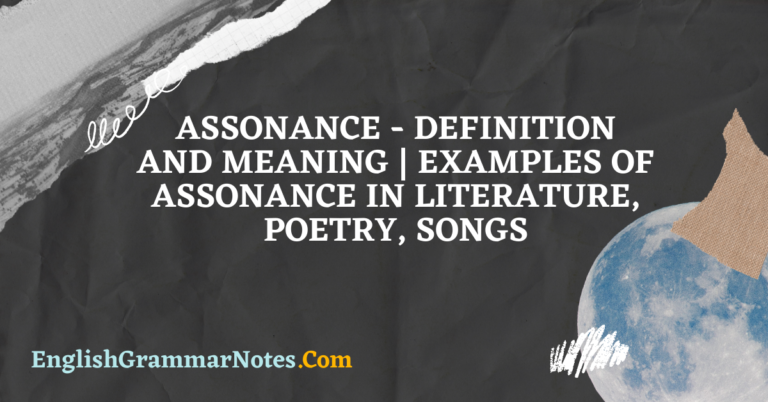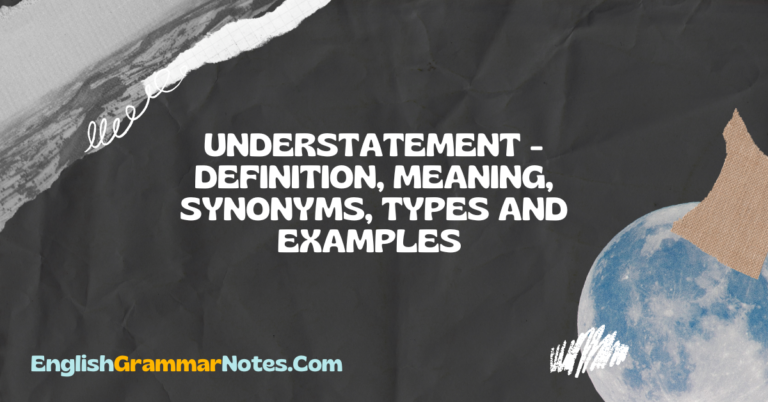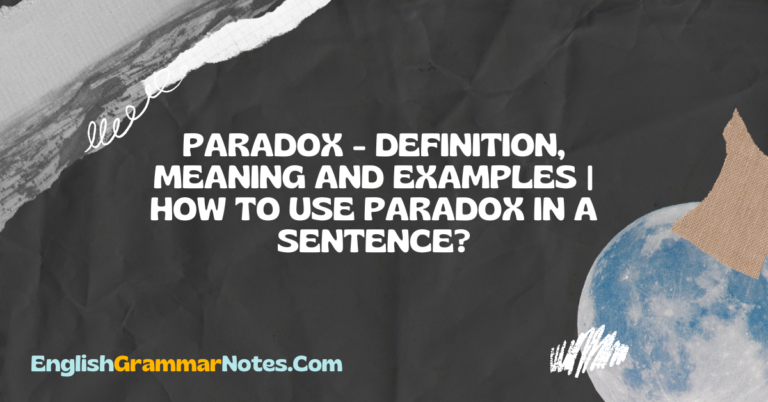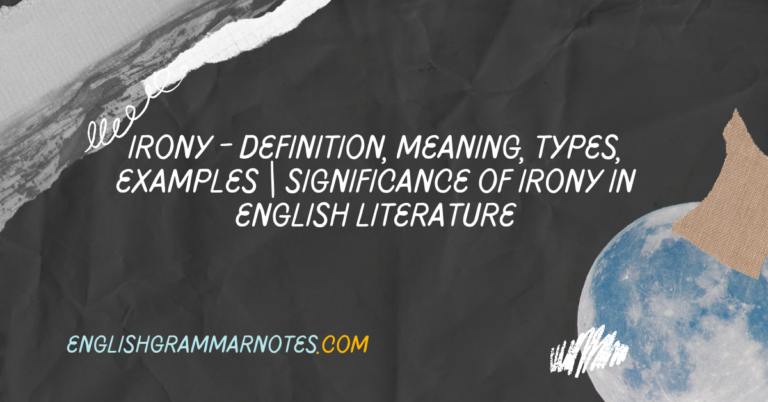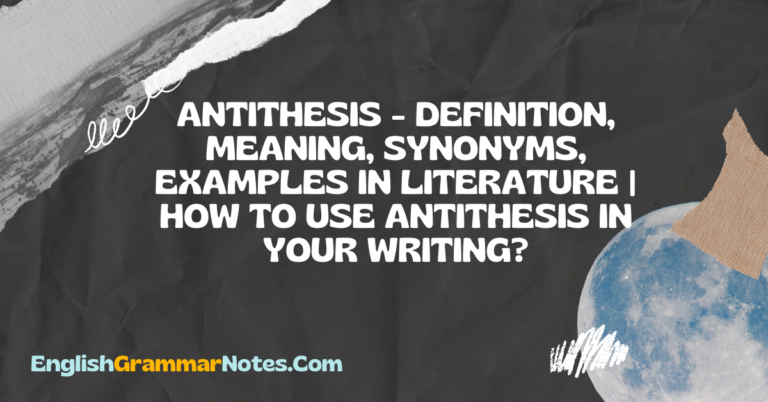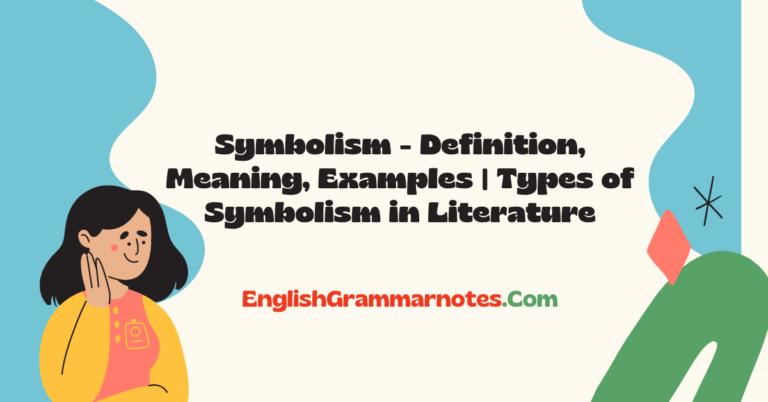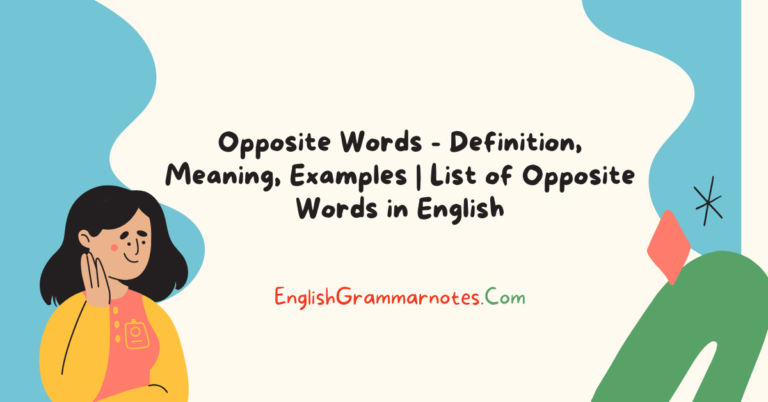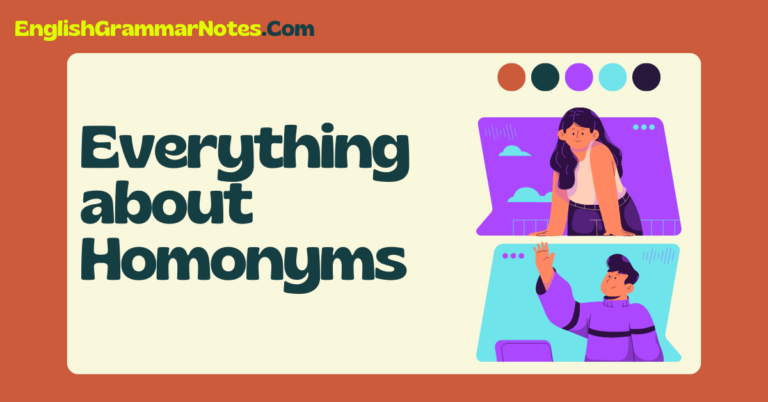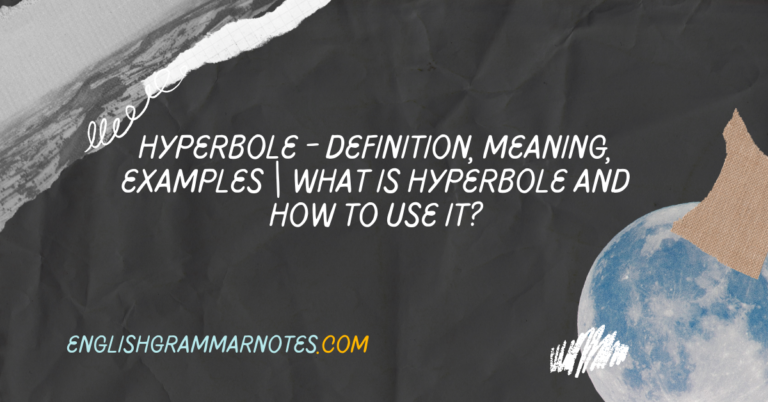Assonance – Definition and Meaning | Examples of Assonance in Literature, Poetry, Songs
Assonance is a literary device that engages in the repetition of vowel sounds within words, phrases, or sentences. If you find the same vowel repeated in close proximity, you have found assonance. For example, take this line from the movie My Fair Lady. “The rain in Spain stays mainly in the plain”. In the above line the vowel ‘a’ is repeated multiple times. Assonance Definition and Examples Assonance in Songs Assonance in Literature Examples Assonance Vs Alliteration Assonance Vs Consonance Importance of Assonance What is Assonance? What are the benefits of using assonance? Distinguish between assonance and consonance? Give examples of sentences that make use of assonance? Assonance Definition and Examples The word assonance has its roots in the Latin phrase assonare, which implies answering with the same sound. Even though there are no synonyms for assonance, the closest resembling words include: chant, chime, refrain, lyric, music, aria, and theme. Assonance Examples Many common words and phrases use assonance. Hence assonance is used in everyday interactions to enhance the mood. Some of the common examples of assonance include: Stranger danger Winner, winner, chicken dinner Motion of the ocean Dumb luck Noise if Boys After awhile, crocodile Chips and dip No …
